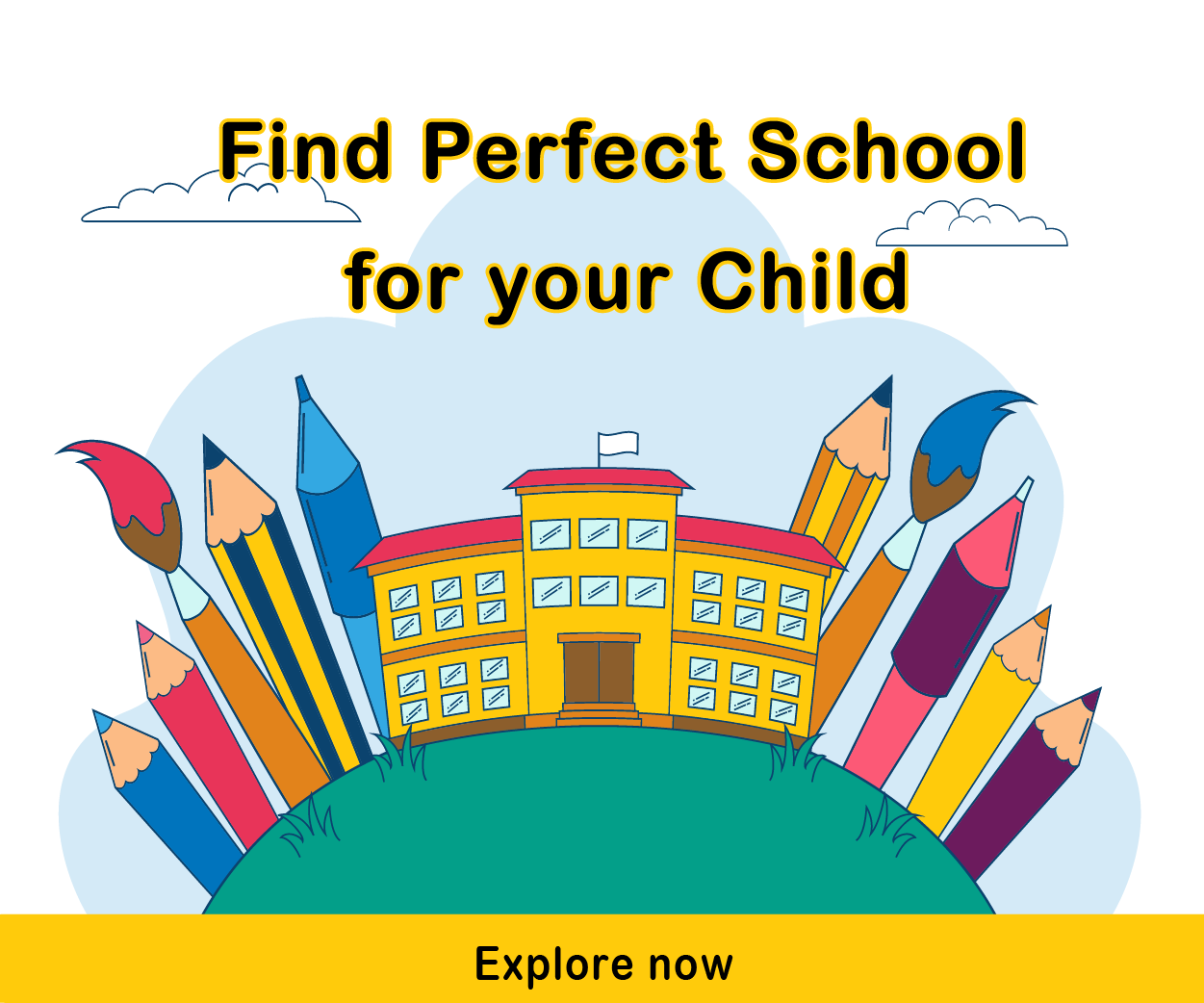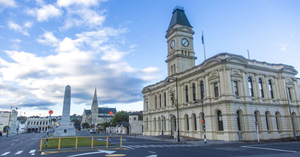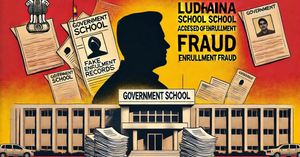Preparing for college visits is a crucial step in the college selection process. It provides prospective students and their families with a firsthand look at campuses, opportunities to meet faculty and students, and a feel for the school’s environment. Effective preparation can make these visits more productive and informative. This article offers a comprehensive guide on what to look for during college visits, ensuring you gather all the necessary information to make an informed decision.
Before the Visit
Research the College
- Academic Programs: Investigate the academic programs offered, focusing on your areas of interest. Research faculty qualifications, research opportunities, and class sizes.
- Campus Life: Learn about the campus culture, student organizations, and extracurricular activities. Understanding the social environment can help determine if it’s a good fit.
- Location and Surroundings: Consider the college’s location, including the surrounding community, climate, and accessibility to amenities and transportation.
Plan Your Visit
- Schedule Tours: Book campus tours in advance, as they can fill up quickly. Ensure you include a general campus tour and, if possible, a tour of your specific department of interest.
- Prepare Questions: Make a list of questions to ask during your visit. Topics can range from academic support services to housing options and campus safety.
- Check the Calendar: Try to visit when classes are in session. This allows you to see the campus at its most active and engage with current students and faculty.
During the Visit
Academic Environment
- Classrooms and Labs: Visit classrooms, lecture halls, and labs to assess the learning facilities. Check if they are well-equipped and conducive to learning.
- Library and Study Areas: Explore the library and other study spaces. Look for adequate resources, quiet study areas, and group workspaces.
- Faculty Interaction: If possible, attend a class or meet with professors. This provides insight into the teaching style and faculty accessibility.
Campus Life
- Housing Options: Tour the dormitories and other housing options. Consider the living conditions, amenities, and whether you’d prefer on-campus or off-campus housing.
- Dining Facilities: Check out the dining halls and food options. Note the variety, quality, and availability of meal plans.
- Student Activities: Visit the student center and other recreational facilities. Look for clubs, organizations, and sports teams that match your interests.
Support Services
- Academic Support: Inquire about tutoring, advising, and career services. Effective support can significantly impact your academic success and career preparation.
- Health and Wellness: Check the availability of health services, counseling, and wellness programs. A college that prioritizes student health and well-being is crucial.
- Safety and Security: Ask about campus safety measures, such as security personnel, emergency procedures, and crime statistics.
Key Questions to Ask
Academic Questions
- What is the student-to-faculty ratio? This ratio can indicate class size and the level of individual attention you might receive.
- What opportunities are there for undergraduate research? Research opportunities can enhance your academic experience and resume.
- How accessible are the professors outside of class? Knowing how supportive and available the faculty are can influence your learning experience.
Campus Life Questions
- What are the housing options for first-year students? Understanding the housing arrangements can help you prepare for your transition to college life.
- What extracurricular activities and clubs are available? Engaging in activities outside the classroom is vital for a balanced college experience.
- How active is the campus on weekends? Knowing whether the campus is lively or quiet on weekends can help you gauge the social scene.
Support Services Questions
- What academic support services are available? Effective academic support can help you navigate challenging courses.
- How does the career center assist with internships and job placements? A strong career center can significantly enhance your post-graduation opportunities.
- What health and wellness services are offered? Comprehensive health services are essential for maintaining well-being during college.
Evaluating Your Visit
Take Notes
- Immediate Impressions: Write down your initial thoughts and feelings about the campus. First impressions are important and can often highlight significant aspects of the college.
- Pros and Cons: List the strengths and weaknesses of each college you visit. This comparison will help you when making your final decision.
- Specific Details: Note specific details that stood out, whether positive or negative. These details can be useful when reflecting on your visit later.
Talk to Current Students
- Student Perspectives: Engage with current students to get an insider’s view of the college. Ask about their experiences, both academic and social.
- Honest Feedback: Seek honest feedback about the college’s strengths and challenges. Students are often willing to share insights that you might not get from official sources.
Reflect on Your Fit
- Personal Connection: Consider whether you can see yourself thriving at the college. Does it feel like a place where you can grow academically and personally?
- Alignment with Goals: Reflect on how well the college aligns with your academic and career goals. Ensure it offers the programs and opportunities you need to succeed.
- Comfort and Safety: Assess whether you felt comfortable and safe on campus. Your comfort level is crucial for your overall college experience.
After the Visit
Follow-Up
- Thank You Notes: Send thank-you notes to the admissions office and any faculty or students you met. This gesture reflects your appreciation and keeps you memorable.
- Additional Questions: Don’t hesitate to follow up with additional questions or concerns. Clarifying any uncertainties can help solidify your decision.
Compare and Contrast
- Revisit Your Notes: Go back through your notes and impressions from each visit. Compare the colleges based on your criteria and preferences.
- Discuss with Family: Talk with family members or mentors about your visits. They can provide valuable perspectives and help you weigh your options.
Tips for Making the Most of Your Visit
Dress Appropriately
- Comfortable Clothing: Wear comfortable shoes and dress appropriately for the weather. You’ll likely be walking a lot.
- School Spirit: Wearing school colors or attire can show your interest and enthusiasm for the college.
Be Engaged
- Participate: Participate actively in tours and information sessions. Ask questions and engage with tour guides and students.
- Explore: Don’t limit yourself to the scheduled tour. Take time to explore the campus on your own, visit the bookstore, and sit in common areas to observe student life.
Stay Organized
- Create a Checklist: Use a checklist to ensure you cover all the areas you want to explore and questions you want to ask.
- Gather Materials: Collect brochures, maps, and other materials provided by the college. These can be useful references later.
Conclusion
Preparing for college visits is an essential part of the college selection process. By thoroughly researching beforehand, asking insightful questions, and critically evaluating each visit, you can gather the information needed to make an informed decision. Remember, the goal is to find a college that not only meets your academic and career goals but also feels like a place where you can thrive and grow. Taking the time to prepare and reflect on your visits will ensure you choose the best college for your future.









Be the first one to comment on this story.